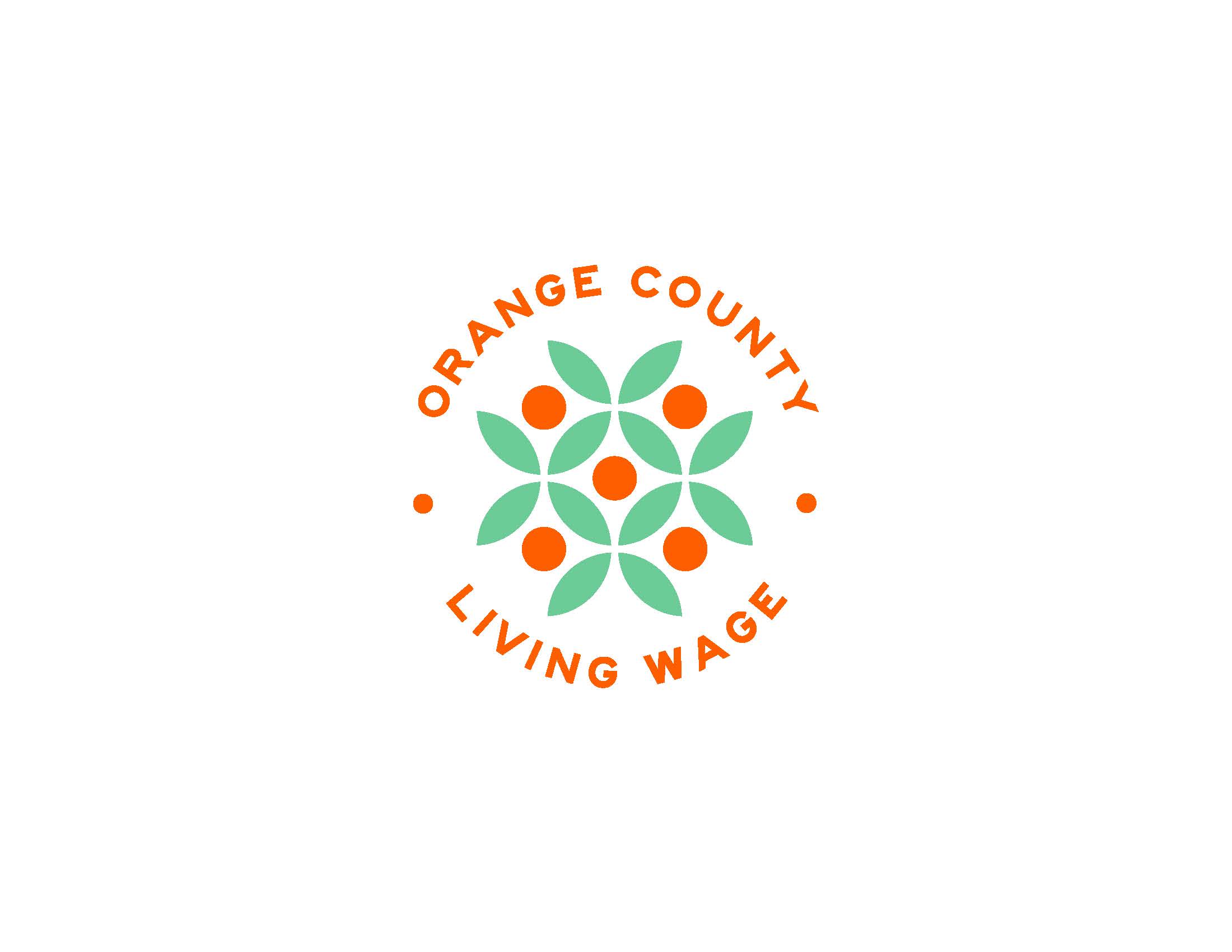The start of a new year always brings many things to our community: ACC basketball season, newly elected officials – and each year, a newly calculated living wage.
Each January, the organization Orange County Living Wage updates its estimate of the local living wage, the amount you have to make per hour to pay for housing in our area without overextending your budget. Founded in 2015, OCLW certifies businesses that pledge to pay all their employees a living wage. Today there are nearly 300 certified living-wage employers in Orange County – and in nine years, those businesses have agreed to raise wages by a combined $3 million.
This week, OCLW unveiled its newly calculated living wage for 2024, a 6 percent hike from 2023.
97.9 The Hill’s Aaron Keck spoke with OCLW director Debbie Everly and board member Allanah Hines of Weaver Street Market. The transcribed excerpt below has been edited slightly for clarity.
Click here to listen to their full conversation.
Aaron Keck: What is the cost of living in Orange County this year, and and how has that changed from 2023?
Debbie Everly: Our new living wage is $17.65 (per hour) for all part-time and full-time employees, (or) $16.60 if the employer provides 50 percent of the insurance cost. That’s based on the fair market rent that we calculate from four counties, Orange, Chatham, Alamance and Durham.
Keck: $17.65 is up from – was it $16.60 (in 2023)?
Everly: $16.60. So it’s a big jump for our employers. But it’s something that we really feel they need to do, based on what the fair-market rent is. We know that they’re going to have to work hard for that, and we’re just here to support them.
Keck: How often do (businesses) have to re-certify?
Everly: Every two years. So those who ified in 2023 will recertify in 2025. They’re locked in (at the 2023 wage) for those two years. But when they go to recertify, it needs to be that new (higher) wage.
Keck: Allanah, what does it mean for Weaver Street Market to be committed to paying a living wage? How does that help the business?
Allanah Hines: For us it’s extremely important, mostly because we are for the community. We’re built by the community, so without the community, we would genuinely be nothing. And when we talk about the community, it’s not just the community that comes in and purchases our product – it’s also the community that we hire. It’s very important to us – especially knowing that we are in the grocery industry, where wages just are not high in general – that we have people (who) understand the company is looking out for the greater individual. We want you to be able to spend time with your children. We want you to have healthcare. We want you to live in an environment that you feel safe in. And ideally, all of our locations are within communities (where) you can walk to work, so you’re engaging with local businesses (and) you’re actually enjoying where you are. We want to have a living wage, not just within our business, but within the entire county, and ideally within the entire state. It’s very important to us.
(And) when our vendors come to work with us, and when people just want to partner with Weaver Street Market in general, it’s important for us to know that we have a good name. That you can trust us not just with the products, but also with the people and the way that we treat our people. That we truly are there for each other.
Keck: Certifying businesses and setting the living wage is not the only thing that you do as an organization. What are some of the other things that you do to help and support businesses?
Everly: We’re really looking forward to expanding this year. Our new strategic plan (is) a three-year plan: we want to do a lot of outreach and education to encourage consumers in our community to search out (living-wage) employers and be their patrons, go in and shop at their businesses. We’re (also) going to be expanding out our offerings for employers and employees, by having some workshops and networking events. We’re looking into doing some financial literacy workshops, maybe some healthcare workshops. So we’re really excited about that also.
Chapelboro.com does not charge subscription fees, and you can directly support our efforts in local journalism here. Want more of what you see on Chapelboro? Let us bring free local news and community information to you by signing up for our biweekly newsletter.










